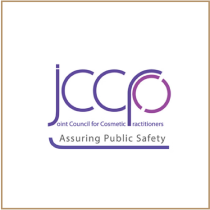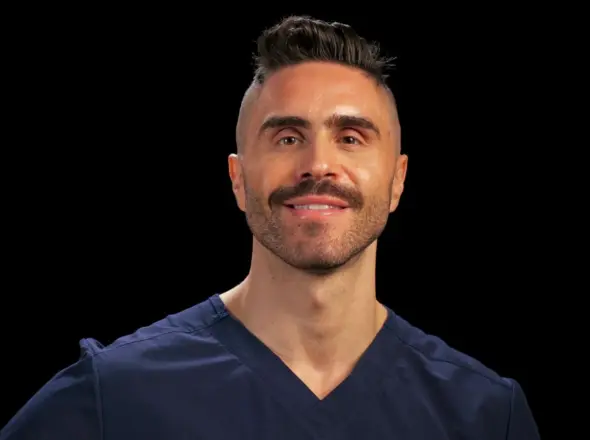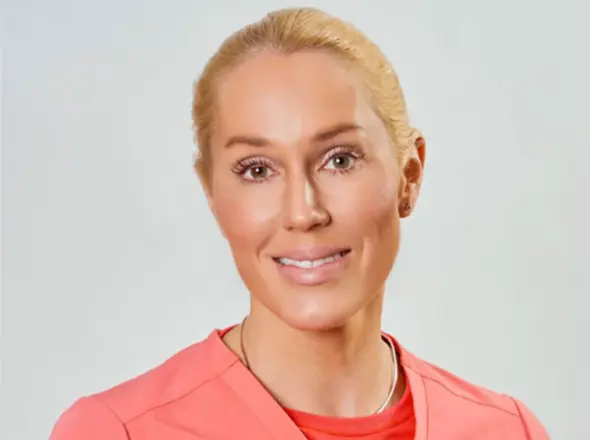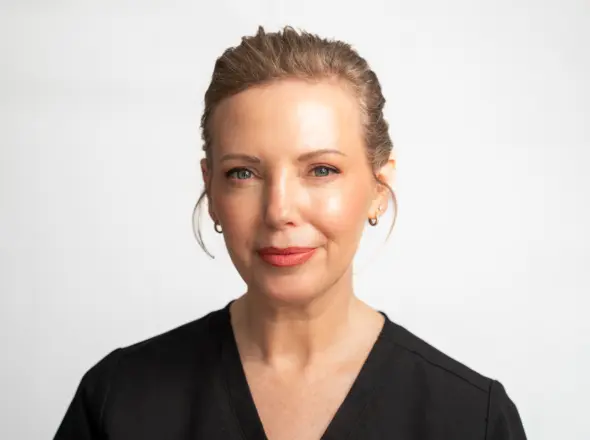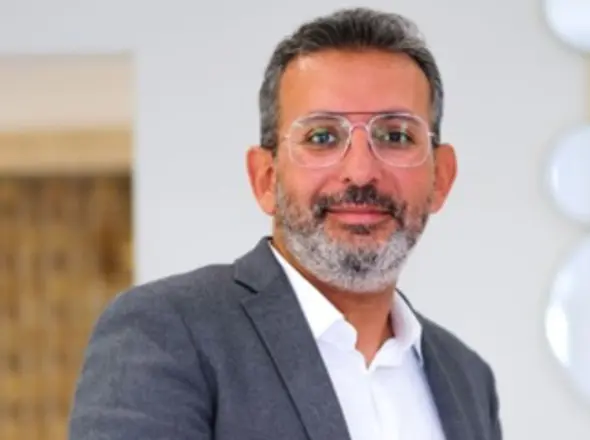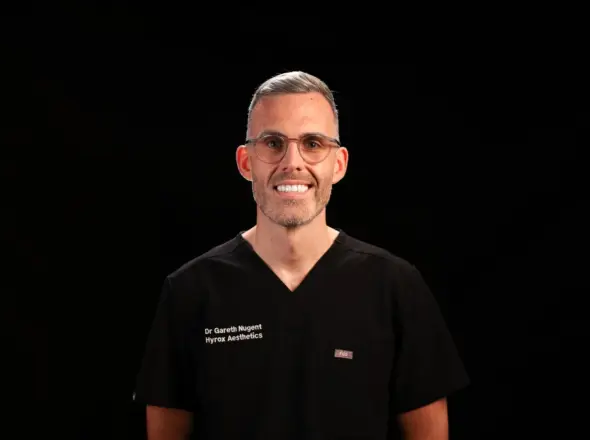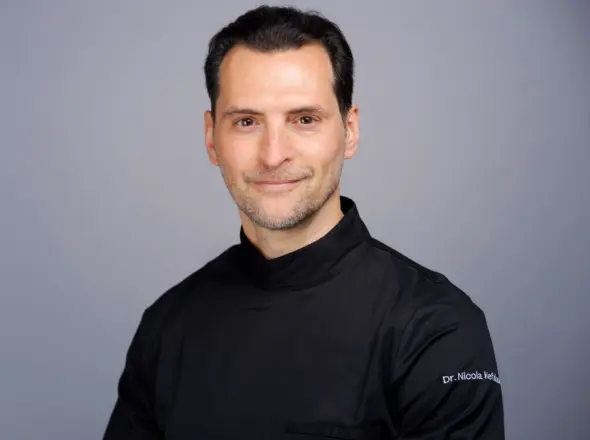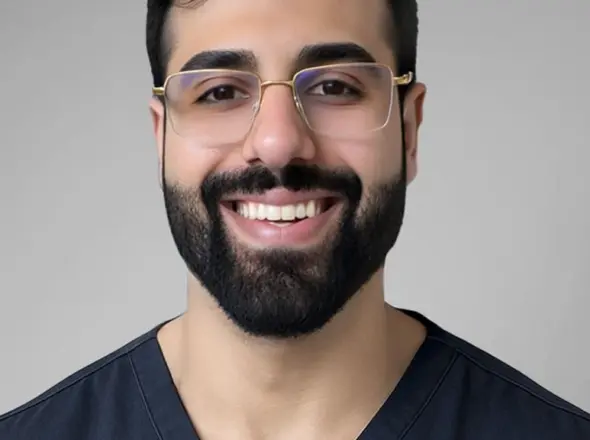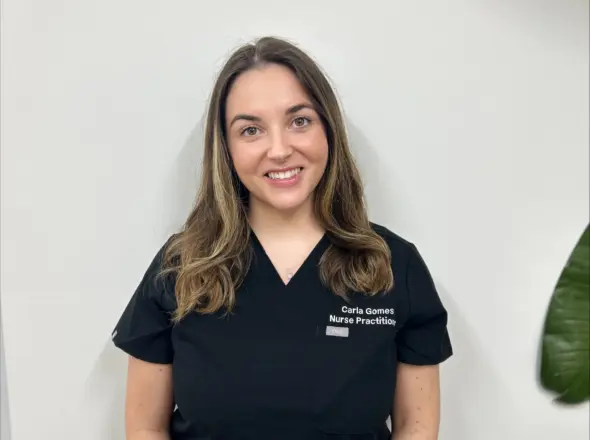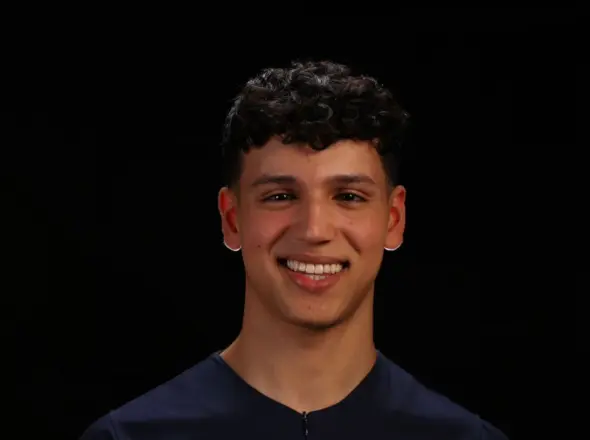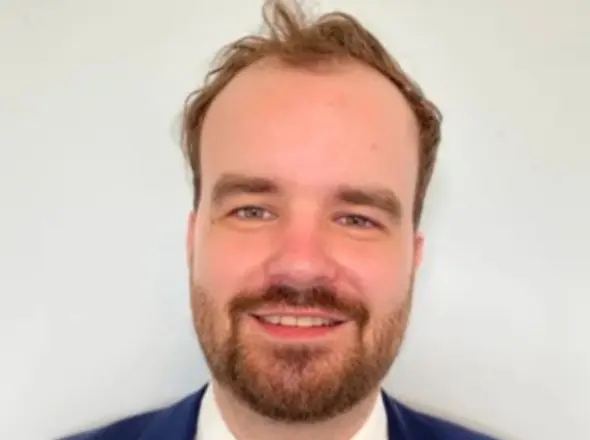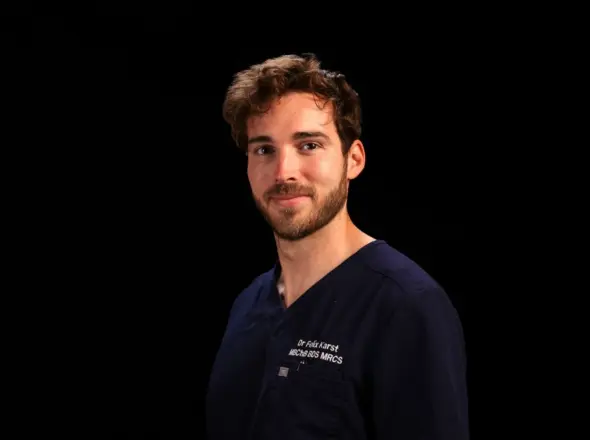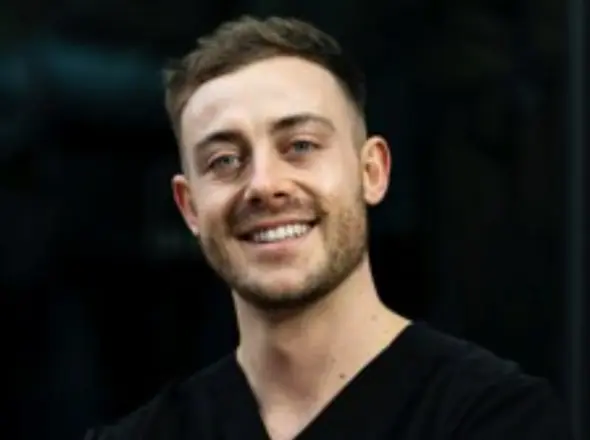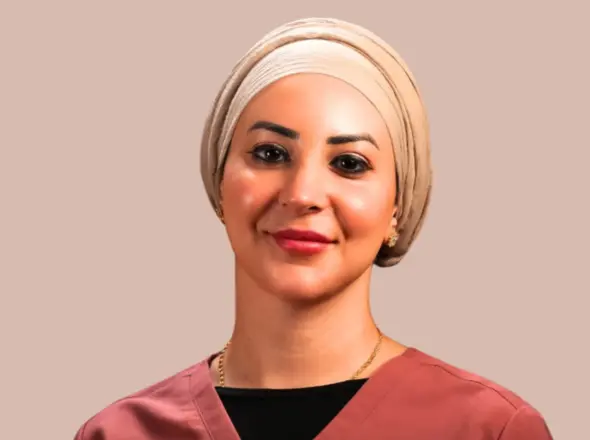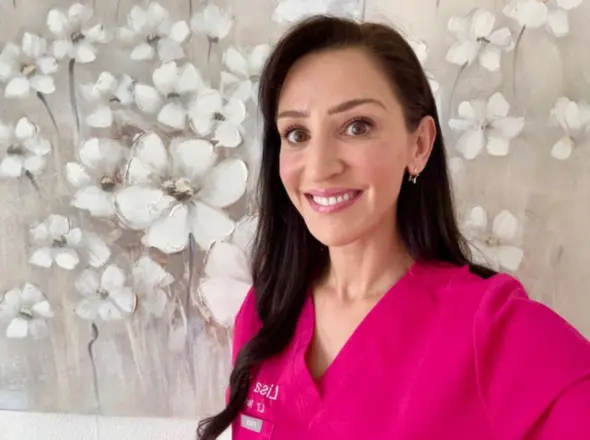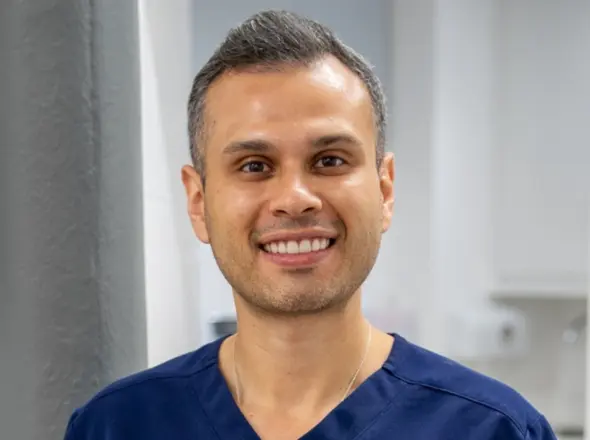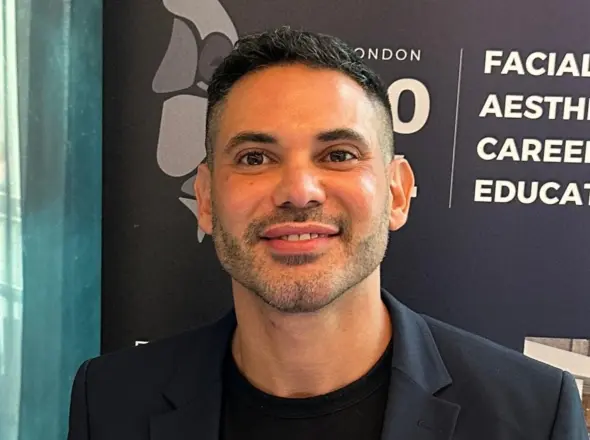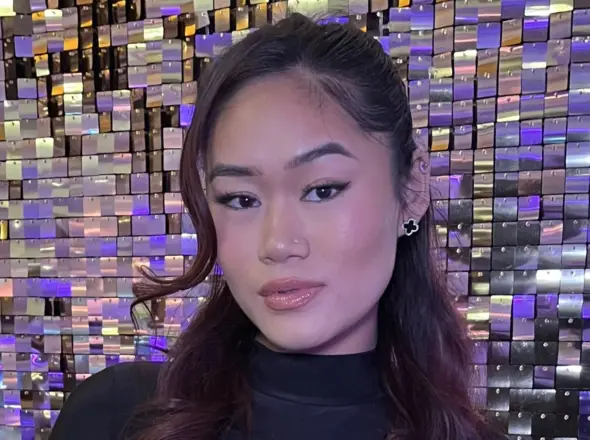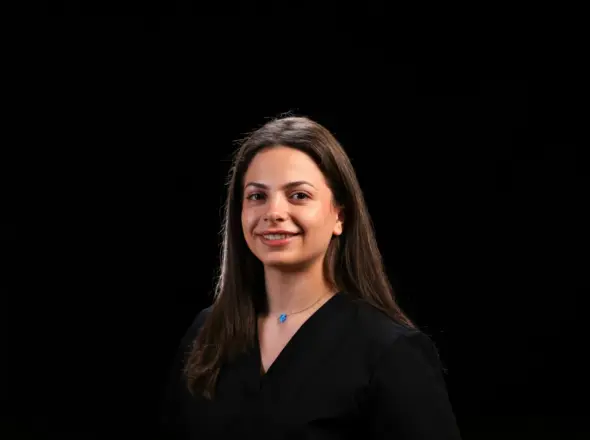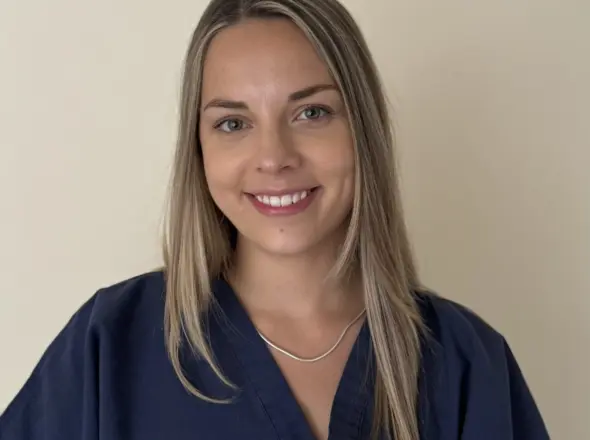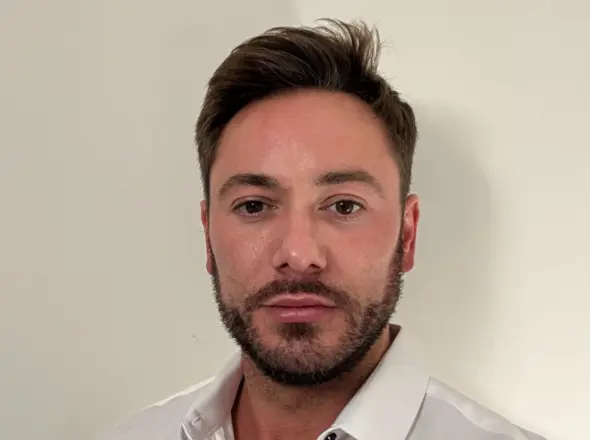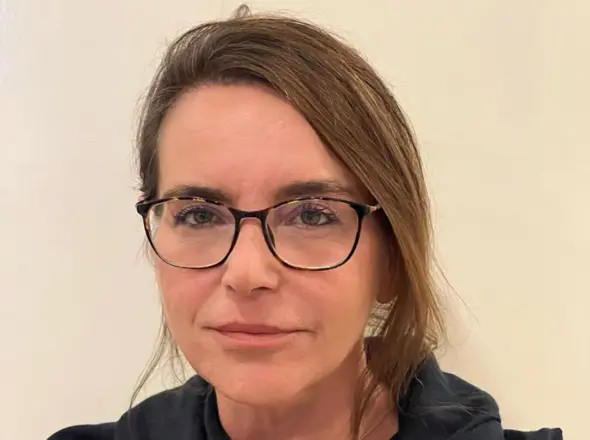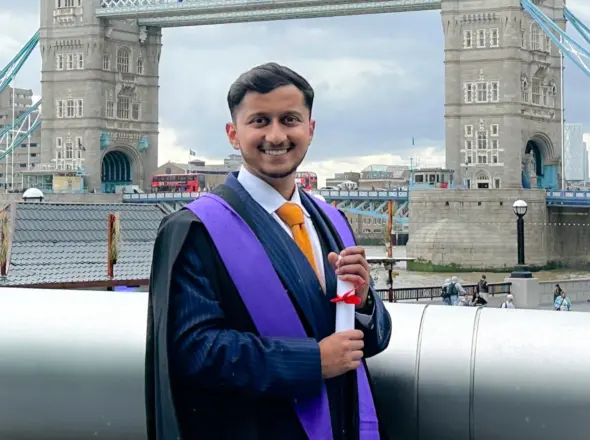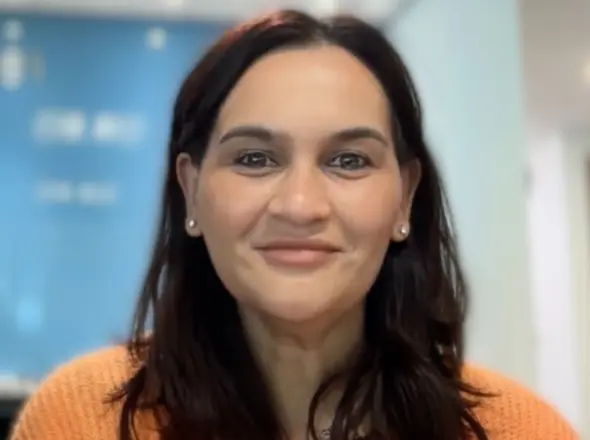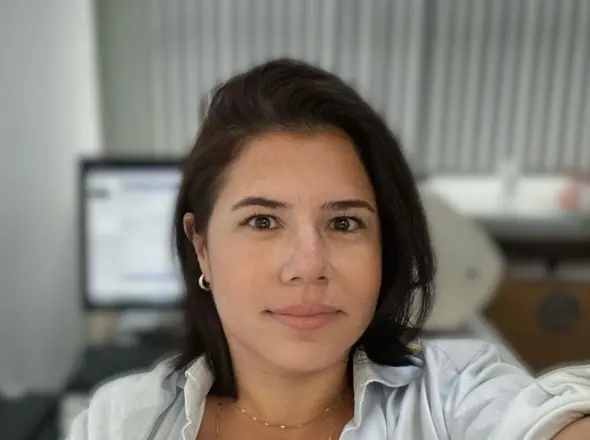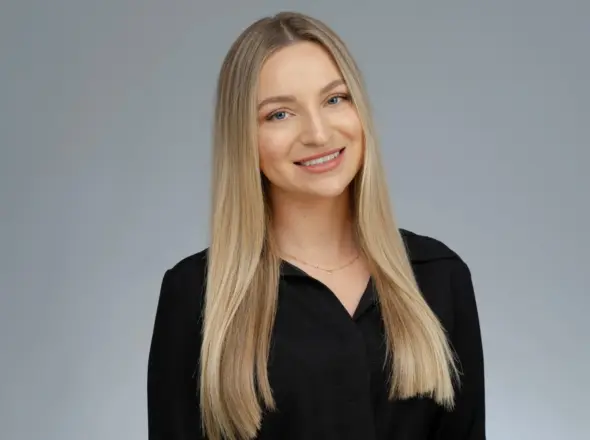Foundation Botox and Fillers Course for Healthcare Professionals
Our one-day Foundation Botox and Fillers Course is the first step for healthcare professionals looking to start practising aesthetic medicine. You will build a core set of skills that will enable you to treat patients with the most commonly requested techniques, as well as gaining certification to obtain insurance required for independent practice.
This Botox and Dermal Fillers Course is designed for doctors, dentists, nurses, pharmacists, and other medical professionals who want to start their journey as injectors. It includes 8 hours of pre-course e-learning content and 1 day (9am to 5pm) of in-person training in London or Manchester, UK.
The JCCP accreditation represents the highest standard of quality assured training available, but also provides future-proofed qualifications that will meet the requirements of new regulations in aesthetics training over the coming years.
Foundation Botox and Fillers Course for Healthcare Professionals
Secure your spot now and start your journey to aesthetic excellence.
Check AvailabilityUpcoming Dates
| London 14/02/2026 | Out of stock | £900.00 | FULL |
| London 21/02/2026 | Out of stock | £900.00 | FULL |
| London 07/03/2026 | 8 places | £900.00 | Buy Now |
| London 21/03/2026 | 4 places | £900.00 | Buy Now |
| London 11/04/2026 | 4 places | £900.00 | Buy Now |
| London 25/04/2026 | 8 places | £900.00 | Buy Now |
| London 16/05/2026 | 8 places | £900.00 | Buy Now |
| London 23/05/2026 | 8 places | £900.00 | Buy Now |
| London 06/06/2026 | 8 places | £900.00 | Buy Now |
| London 27/06/2026 | 8 places | £900.00 | Buy Now |
| London 11/07/2026 | 8 places | £900.00 | Buy Now |
| London 25/07/2026 | 8 places | £900.00 | Buy Now |
| London 08/08/2026 | 6 places | £900.00 | Buy Now |
| London 15/08/2026 | 8 places | £900.00 | Buy Now |
| London 12/09/2026 | 8 places | £900.00 | Buy Now |
| London 19/09/2026 | 8 places | £900.00 | Buy Now |
| London 10/10/2026 | 8 places | £900.00 | Buy Now |
| London 07/11/2026 | 8 places | £900.00 | Buy Now |
| London 05/12/2026 | 8 places | £900.00 | Buy Now |
| London 12/12/2026 | 8 places | £900.00 | Buy Now |
About the Botox and Dermal Fillers Course
Essential first steps in aesthetics
Small group hands-on training in London and Manchester
Expert-led theory
8 hours of pre-course e-learning
8 CPD points
Certification for insurance & practice
Can be used towards a Level 7 Diploma
A Foundation Botox and Dermal Fillers Course is the necessary first stage for all healthcare professions looking to move into the field of aesthetic medicine. Whether you are seeking career diversification and plan to mix NHS and private work, or if you are looking for a career change with a focus firmly on medical aesthetics, this foundation course is the start of your training pathway towards mastery.
Our Botox and Dermal Fillers Training Course is a stand-alone, one-day, CPD-accredited course, offering a higher number of guided learning hours and practical experience than any other training provider in aesthetic medicine. It is also the first step of our Gold Standard Postgraduate Diploma in Aesthetic Injectable treatments; the VTCT Level 7 Diploma in Injectables. The Foundation Certification Course will train doctors, nurses, dentists and other HCPs to inject upper face botulinum toxin (Botox–the most commonly requested injectable treatment), as well as how to assess and treat the midface, lips and lower face folds using dermal fillers.
The method of teaching for the Foundation Course is blended: you will undertake pre-course learning through our innovative e-learning platform (E-Interface); then you will join a small group of 4 healthcare professionals in London or Manchester for our in-person training.
At Interface Aesthetics, we are proud to be unique in the independent training provider space, providing hands-on training that is led, always and exclusively, by clinicians with genuine expertise in their field. Whether it is our founder and director, Dr James Olding, our Nurse of the Year Julie Scott, or leading dentists and medics in the field of aesthetic medicine, we place genuine and verifiable expertise at the core of our training programmes.
In-person training is exclusively in small groups, ensuring the greatest hands-on mentorship and experience for delegates, and you will have access to multiple training campuses across the UK to complete the practical component of the course.
Whether you are looking to work part-time or full-time in aesthetic medicine, the Botox and Dermal Fillers Course is the first step in your journey. On completion of this course, delegates will obtain certification that enables them to obtain insurance that permits practice in accordance with GMC/GDC/NMC guidance.
The Foundation techniques form the cornerstone of practice when starting out in aesthetic medicine; they are the most commonly requested injectable treatments by patients, making them key to supporting the growth of your practice and your further training. At Interface Aesthetics, we ensure that the key themes of facial assessment, consultation skills and complication management are comprehensively covered in every course, with hours of dedicated e-learning supported by expert-led face-to-face training as part of this starter course in injectables.
Online training is designed to reflect real-world practice, while detailed clinical case demonstrations support our in-person courses across our training portfolio. All Interface Aesthetics delegates gain access to this pioneer platform to support their pre- and post-course learning, while full access to all stages is available via subscription, ensuring you stay up to date via our monthly expert-led webinars and new clinical case additions.
You will have to follow 8 hours of pre-course learning before joining the in-person Botox training in London or Manchester during this Foundation Course for healthcare professionals (nurses, doctors, dentists, pharmacists, surgeons…).
Select a training category
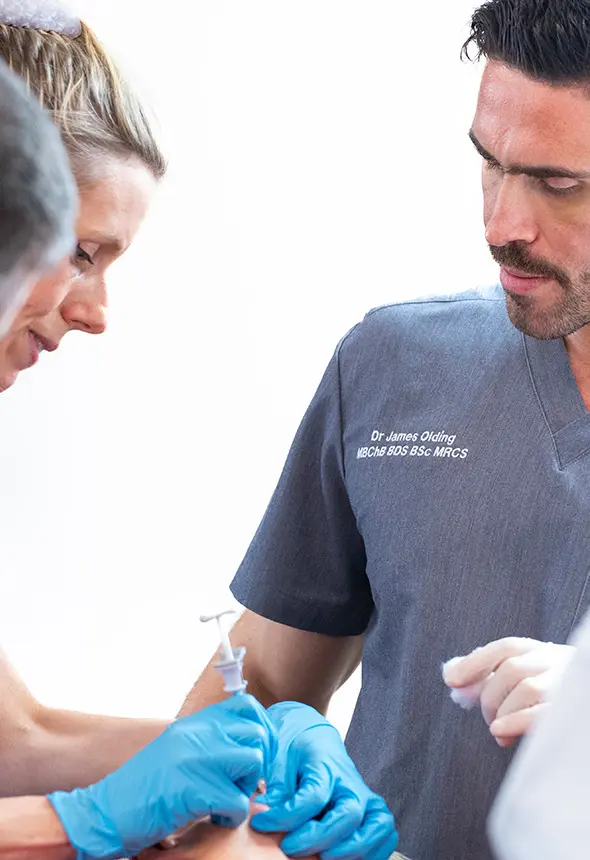
Course Overview
- Training Stage
Core Competencies - Skill Level
Beginner - Duration
8 hours of pre-course e-learning (lectures, case demonstrations) + 1 day of in-person training in London or Manchester (9 to 5) - Techniques
Botulinum Toxin (Botox) – Upper Face Dermal Filler for 3 areas: Cheeks, Lips, Facial Folds - Outcome
8 CPD points + Certificate of Completion enabling insurance and practice - Post-Course Support
Lifelong access to Foundation Course e-learning content + Access to Trainer and Colleague Networking - Next Training Stage
The Level 7 Diploma in Injectables
Foundation Course Syllabus
At Interface Aesthetics, we have created a comprehensive training pathway that encompasses the 8 core themes necessary for mastery and success in aesthetic medicine. The Foundation Botox and Fillers Course for Healthcare Professionals introduces and develops these, with a curriculum that has been designed by our Faculty of Expert Trainers to meet the clinical and business needs of our delegates.
Make a selection below
At Interface Aesthetics, we have created a comprehensive training pathway that encompasses the 8 core themes necessary for mastery and success in aesthetic medicine. The Foundation Botox and Fillers Course for Healthcare Professionals introduces and develops these, with a curriculum that has been designed by our Faculty of Expert Trainers to meet the clinical and business needs of our delegates.
Anatomy & Physiology
- Layers of the face
- Facial skeleton & ageing
- Superficial Fat Pads & folds
- Upper Face Muscles & brow position
- Neurovascular structures
Consultation
- Aesthetic Consultation
- Photography & documentation
- Medicolegal and Ethical considerations
- Patient selection & Cosmetic Psychology
Assessment
- Aesthetic Facial Assessment
- Sexual dimorphism
- Archetypes: Ageing, Genetic, Beautification
Products
- Botulinum Toxin A (Botox®)
- Dermal Filler product selection & rheology
Techniques
Upper Face Botulinum Toxin
- Frontalis
- Glabella
- Crow’s Feet
Dermal Filler
- Midface (cheekbones)
- Lips
- Lower Face Folds (Nasolabial, Marionette)
Complications & aftercare
- Complication avoidance, recognition & management
- Vascular occlusion
- Emergency medications
Enterprise for HCPs
- Starter packs
- Pharmacy & prescribing
- Choosing your business model
Research & Evidence-Based Practice
- Access to Research Webinars
- Exclusive opportunities to present research at our International Aesthetics Congress, Interface Expo
- Evidence-based and referenced e-learning material with links for further reading and landmark papers
- Layers of the face
- Facial skeleton & ageing
- Superficial Fat Pads & folds
- Upper Face Muscles & brow position
- Neurovascular structures
- Aesthetic Consultation
- Photography & documentation
- Medicolegal and Ethical considerations
- Patient selection & Cosmetic Psychology
- Aesthetic Facial Assessment
- Sexual dimorphism
- Archetypes: Ageing, Genetic, Beautification
- Botulinum Toxin A (Botox®)
- Dermal Filler product selection & rheology
Upper Face Botulinum Toxin
- Frontalis
- Glabella
- Crow’s Feet
Dermal Filler
- Midface (cheekbones)
- Lips
- Lower Face Folds (Nasolabial, Marionette)
- Complication avoidance, recognition & management
- Vascular occlusion
- Emergency medications
- Starter packs
- Pharmacy & prescribing
- Choosing your business model
- Access to Research Webinars
- Exclusive opportunities to present research at our International Aesthetics Congress, Interface Expo
- Evidence-based and referenced e-learning material with links for further reading and landmark papers
Is this Botox and Dermal Fillers Course for me?
The Interface Aesthetics Foundation Course in Injectables is first-in-class as an initial training step into aesthetic medicine. You will gain unparalleled access to online resources and field-based experience with real patients, always led by a Faculty of genuine experts.
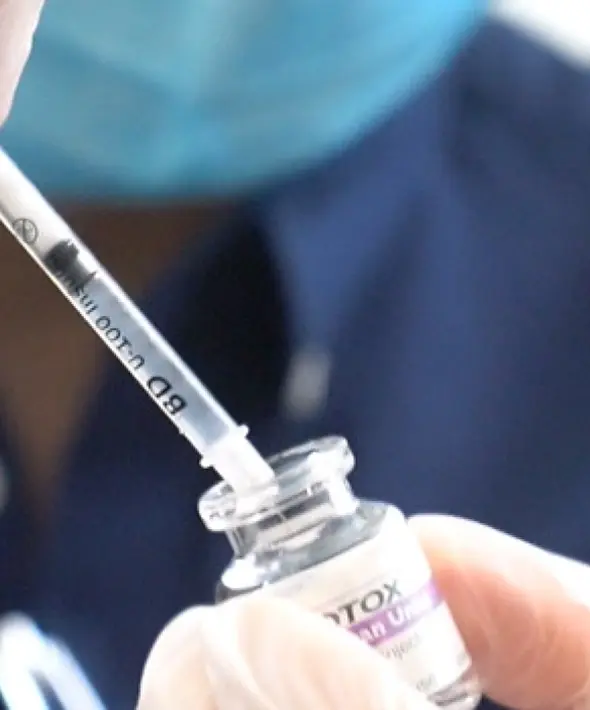
Taking this training course as an initial stage also offers maximum choice and flexibility if you are planning to undertake a more gradual move into the industry, in that it enables you to progress on to the Postgraduate Level 7 Diploma whenever you choose, with the cost being deducted from the overall Level 7 cost. On completion of this course, you will be able to obtain insurance and start practising immediately.
If you’re a doctor, a dentist, a surgeon, a nurse, a pharmacist, or a general practitioner who wants to receive OFQUAL-regulated fillers and Botox training and start your journey in the aesthetic world, this Foundation Course in Injectables is for you.
Aesthetic medicine is rapidly being seen as a speciality in its own right, and as such there is greater awareness of the need for comprehensive training and sustained mentorship over a longer period of time. One-day courses as an entry step still have their place, but as the speciality and UK aesthetic regulations evolve, there is a move towards the adoption of the academically accredited, OFQUAL-regulated and JCCP-approved Level 7 Postgraduate Diploma in Aesthetic Injectables by new and experienced injectors alike. This provides a Masters-level qualification, commonly taken over 12-18 months alongside other work commitments, and offers a degree of “future-proofing” to your career in aesthetic medicine, with the Level 7 likely representing an educational standard within new UK government regulations.
Importantly, every individual healthcare professional will have their own objectives, needs and aspirations, and that is the beauty of undertaking postgraduate training in aesthetic medicine – you have total autonomy of your progress and career. We are proud to offer a complete menu of training options to meet each individual’s needs, and our team of course advisors are ready to assist you with the next steps.
Eligibility
In order to join the Foundation Botox and Fillers Course for Healthcare Professionals, you must be a registered (GMC/GDC/NMC) UK healthcare professional, or international equivalent: doctor, dentist, nurse, GP, pharmacist, etc.
This is a beginner-level course, meaning that no previous experience in injectables is required to enrol. If you have no experience with dermal fillers or Botox, but want to learn the foundation of aesthetic medicine, this course is for you!
The perfect blend of theory and hands-on practice, curated to ignite your passion for aesthetics.
Explore all our coursesMeet the Faculty
Our team is dedicated to guiding you on your journey to excellence.
Meet all of our teamWhat our Trainees Say
View all Google ReviewsCharley
The teaching is extremely hands-on and practical, with trainers who are not only highly knowledgeable but also genuinely patient and encouraging. A special thank you to Mr. James and Dr. Yousrah, who were my instructors, they’re both incredible teachers who take the time to explain everything clearly and make sure you feel confident every step of the way. It was also lovely that they remembered me from my previous visit!
Another huge thank you to Veronika, who handles all the organisation so seamlessly, she really makes the whole process stress-free and enjoyable.
I always look forward to coming back here. The environment is professional yet friendly, and the quality of training is second to none. Highly recommend Interface Aesthetics to any medical professional wanting to take their aesthetics skills to the next level!
From the moment the day was organised by Marcelo, everything was seamless. He made sure every detail was taken care of and that the day was completely tailored to my needs. From the very beginning I felt completely at ease! It was relaxed and welcoming and even after 1 visit I was made to feel part of the interface family
I spent the full day under 1-to-1 supervision with Dr Ahmed, focusing on profile balancing, and I honestly couldn’t have asked for a better trainer. His knowledge, precision and ability to explain the finer points of facial aesthetics were incredible. It was an incredible opportunity to talk about all aspects of aesthetic medicine outside of just injectables too. The level of attention and guidance throughout the day was exceptional - it genuinely felt like elite-level mentorship.
The follow-up from Dr James afterwards was also outstanding. He took the time to message me, answer any further questions and make sure I was supported on the day by the team. It’s rare to see that kind of ongoing commitment and care.
And a special thank you to Veronika, who was brilliant at keeping everything running smoothly behind the scenes. She was always quick to respond, even out of hours, and made the whole experience effortless.
Interface Aesthetics delivers the highest standard of training I’ve ever experienced. The professionalism, expertise and genuine passion from the whole team are on another level. I couldn’t recommend them highly enough - an absolute 5-star experience from start to finish.
I genuinely can’t wait to be back
I recently attended the Interface Aesthetics course for dermal fillers and Botox, and it was absolutely fantastic. Finding a good course was challenging despite asking friends and colleagues, as there are so many options available, especially in London. I discovered Interface Aesthetics on Google, reached out via email, and was met with the lovely Veronika Gjakova, the Sales and Marketing Administrator. She answered all my questions and provided detailed information that convinced me to enroll. I'm so glad she did, as the hands-on experience exceeded my expectations.
The hands-on day was immersive, running from 9:00 AM to 5:00 PM, and by the end, I felt exhausted but accomplished. Melissa, my trainer, was fantastic. She answered all my questions and provided invaluable support and guidance throughout the day. By the end of the course, I felt fully confident in my ability to perform the treatment techniques I had learned.
Marcelo, the General Manager, was also amazing. He introduced me to a variety of websites and support groups that will help me deepen my knowledge and learn new skills. James the owner, was incredible with his positive energy and effective teaching style. The online material was easy to navigate, making the entire experience seamless and enjoyable.
I'm now looking forward to taking more courses with them on polynucleotides and skin biostimulators. I highly recommend Interface Aesthetics to any Dentist or GP, whether early in their career or even still in university, as they offer courses for graduates as well. This experience was truly a game-changer for me!
The on-the-day training was well-organised, professional, and in a wonderful clinic. I left the session with enhanced knowledge and practical skills that I now feel fully equipped to start offering this treatment in my clinic.
The course built perfectly on the Foundation Day—consolidating existing skills and expanding my knowledge into more advanced areas, preparing me for the next stage in my aesthetic career.
Without a doubt, this was the best hands-on training day I’ve attended. The team was incredibly friendly and, even before the course began, impressively responsive and supportive (Thank you Marcello and Veronica).
The pre-course training materials were excellent and set the tone for an outstanding day of learning. Exceptional online teaching from Dr. Felix Karst and Dr. James Olding provided a strong foundation for safe and effective practice on the advanced training day.
Dr. Yasser was a calm and reassuring presence throughout—guiding me step by step and ensuring I felt fully supported and confident. Everyone has their own approach to aesthetic treatments, and there are many ways to assess and deliver them. Dr. Yasser’s method elevated my understanding and helped refine my existing techniques to a new level.
I left the course feeling more competent, empowered, and excited to continue developing my skills.
The day was packed with live models, offering plenty of opportunities to inject, ask questions, and receive expert, real-time feedback in a relaxed and supportive atmosphere.
I highly recommend this course to anyone serious about progressing in aesthetic medicine.
Now… just the Level 7 to go — with Interface Aesthetics, of course! 😊😉
I reached out to the team and was pleasantly surprised by their customer warm and friendly customer service team. They advised me of dates and availablity and then Ibooked an appointment. It's worth mentioning that Interface operate in a few locations- including London Bridge and it was this clinic that I selected.
Upon arrival, I was immediately struck by the down to earth nature of staff; whilst sitting in the waiting area I had assumed that everyone there was a patient..however discovered not long after that the gentleman having a friendly conversation with a patient was actually a staff member. This meant a lot to me as I can become anxious in overly formalised environments.
Having said that, it's important to note that the clinic is by no means sub par or unprofessional..there's a fine line and the staff whilst being easy to speak to, remained highly knowledgeable and professional.
Shortly after, Dr Youssra introduced herself. I was surprised at just how calm her nature was. I'm a believer in energies and auras. All I can describe hers as, is trustworthy. You just 'know' you're in good hands. She made me feel very welcome before discussing in detail my areas of concern and what she thought we would start off with. She asked me of my thoughts which shows respect for customers wishes. Perhaps the biggest surprise was that she was not trying/forcefully selling me additional treatments. When I was having the procedure, she explained exactly what she was doing and what this would achieve. But what surprised me, was when she advised that I have a look at the result and consider whether I still wanted the additional procedure. When I looked in the mirror, it was evident that I didn't need the additional area treated. The reason for this is, that she is at the top of her game- she meticulouslyexamines where filler needs to be placed for perfect harmony. However, confession, she could have *very easily* convinced me otherwise and I would have spent more. To me, her not forcing me to spend additional amounts, is a testament to how seriously she takes her craft- and my goodness she knows her craft.It also affirms how important her customers are. You're a person and she makes sure she respects the face you've trusted her with. Because she is exceptional at what she does, I paid less for a far better result (as previously said, she knows where to place filler meticulously, which impacts other muscles.)
Since returning, everyone I have encountered has commented on how great I look- and they can't quite put their finger on it- which is what I wanted. She understood this and did exactly what worked for my face.
Dr Youssra, is not merely a professional at the top of her gane, but also an artist, who has mastered her craft..who knows exactly what to do to enhance one's features..I don't look like a replacement, or as though my face is about to explode, but rather, a refined version of myself. Honestly, could not be more grateful for finding such a fantastic team.
Get yourself booked in. You won't regret it. I cannot wait to return.
Need more help finding the right training for you?
Book a call today, we will be able to answer all your questions and recommend the best course based on your individual needs.
